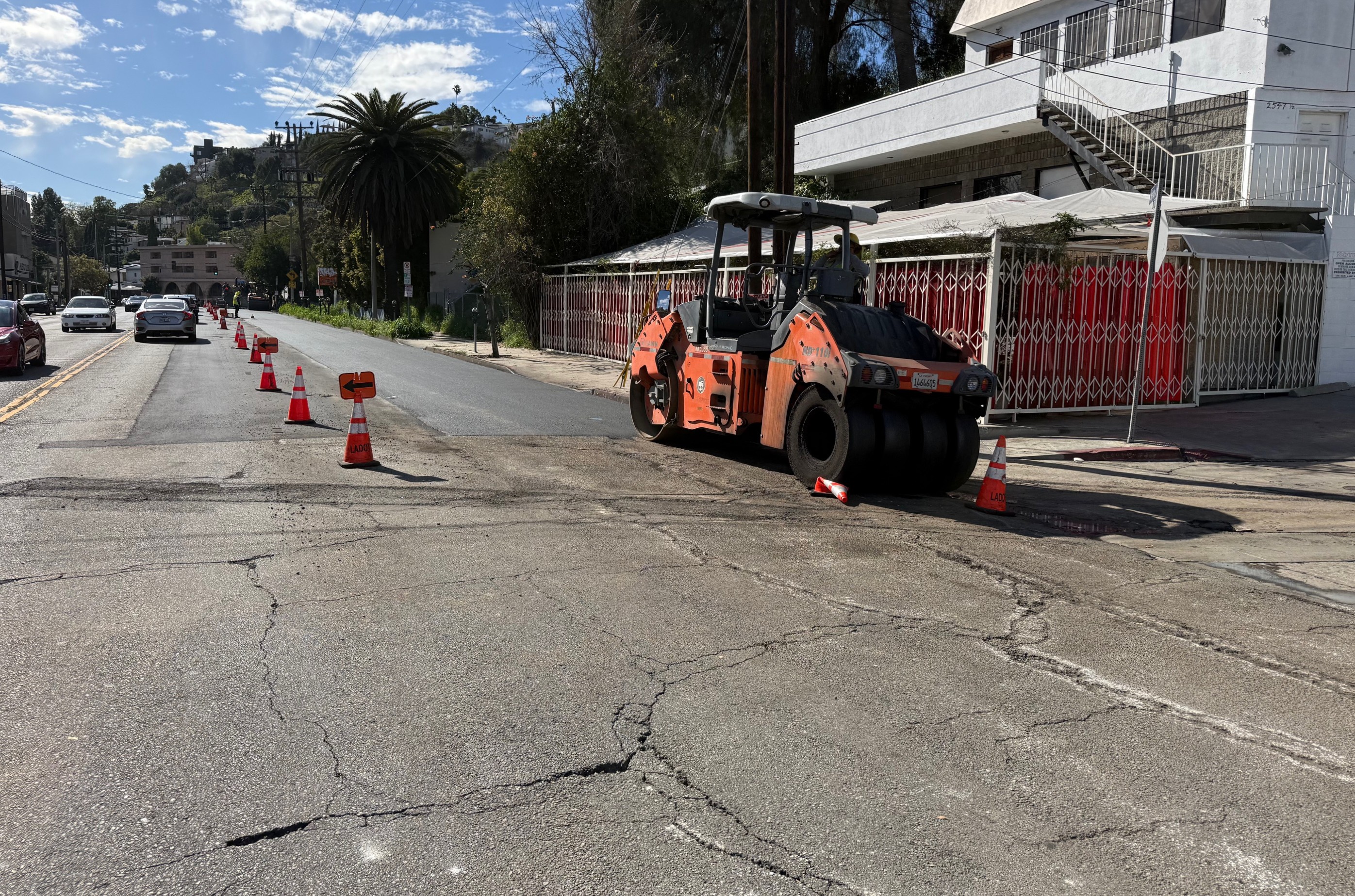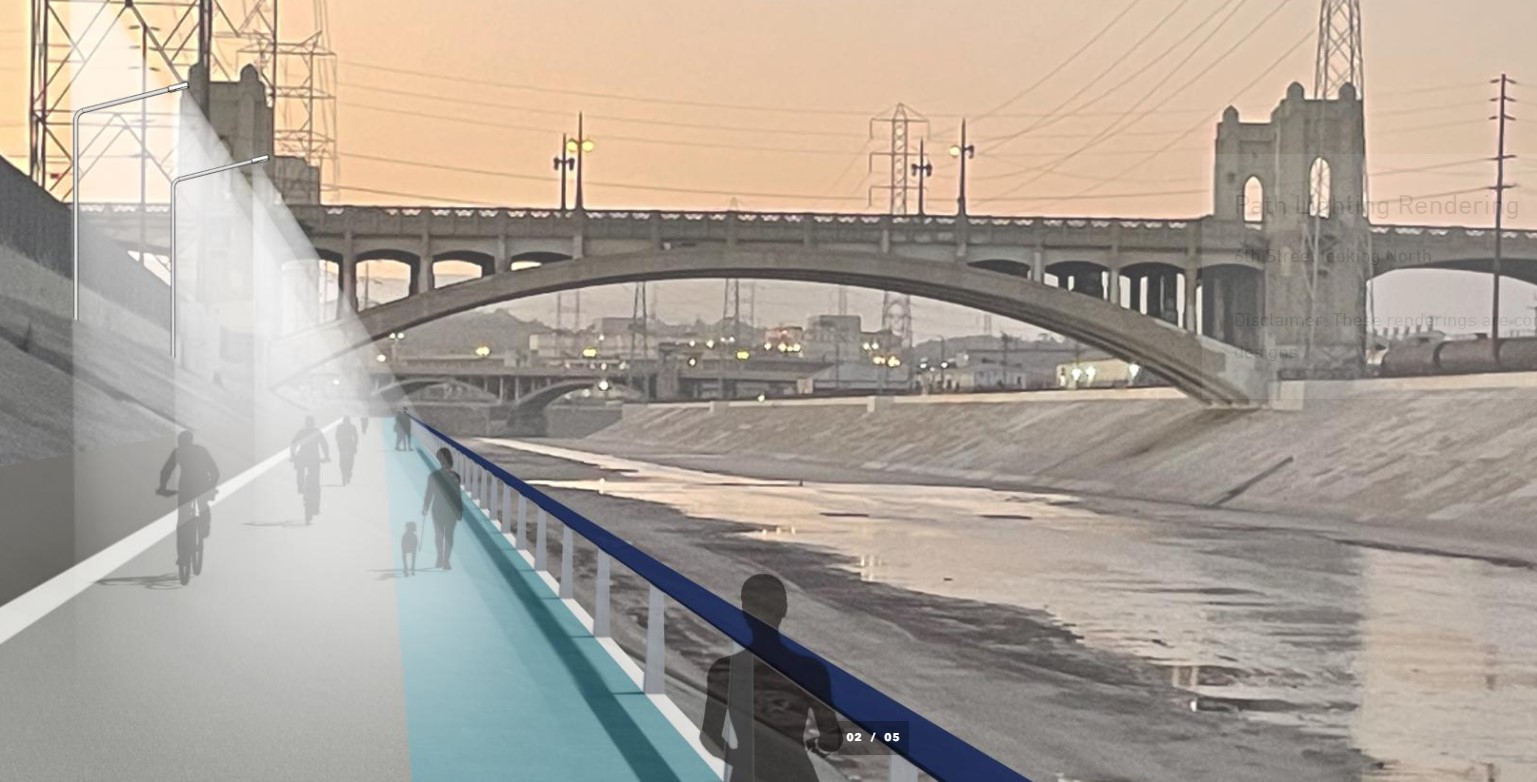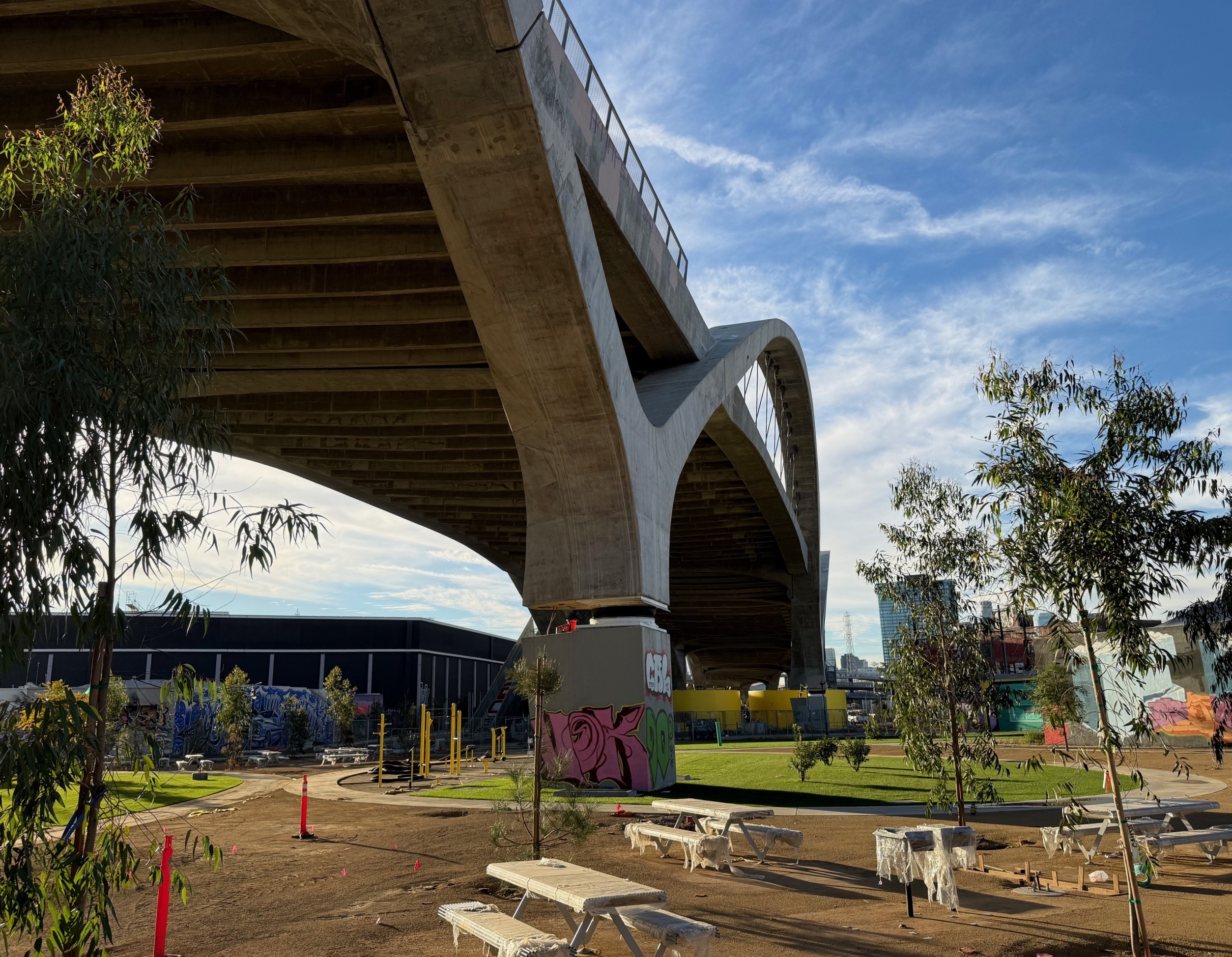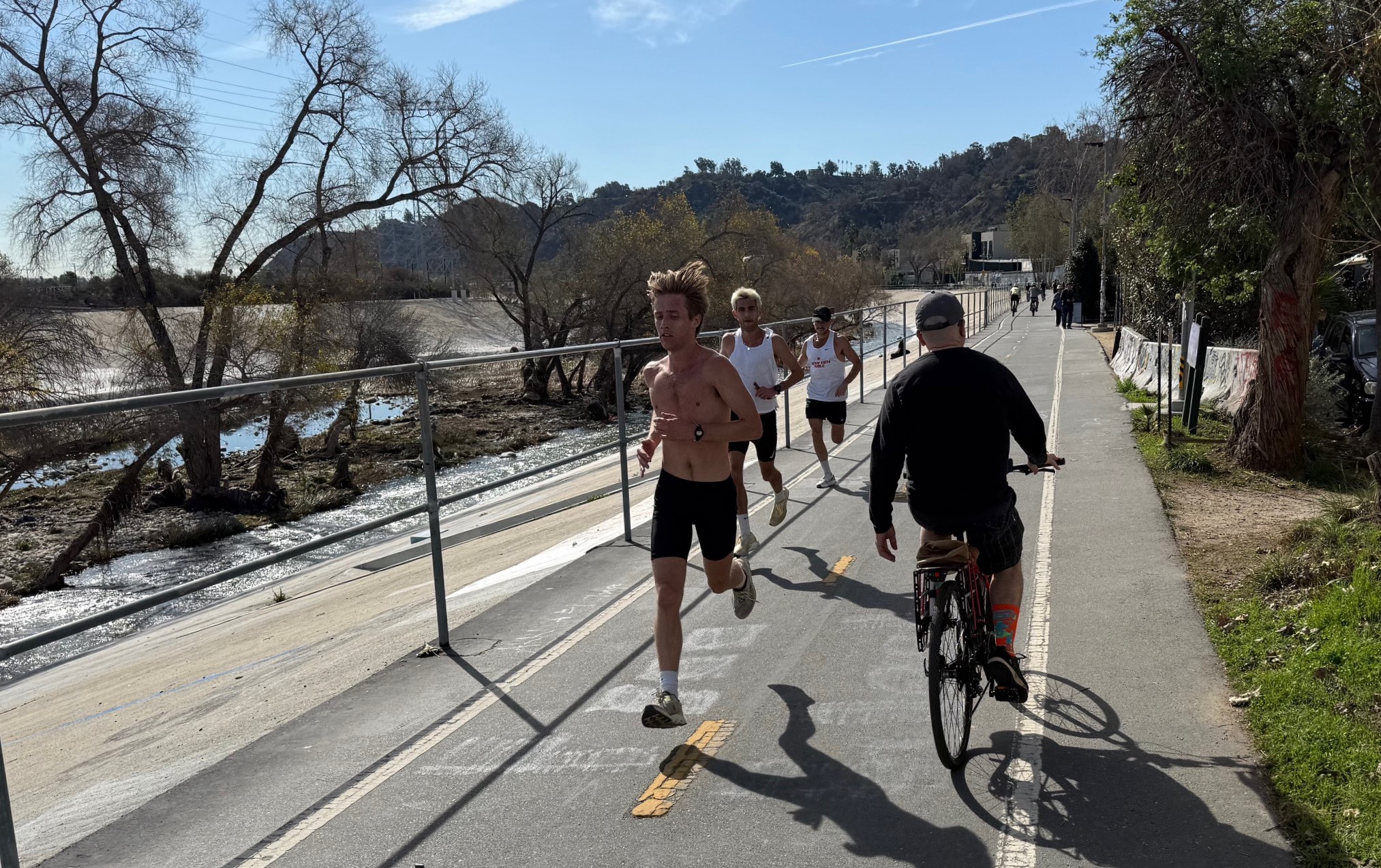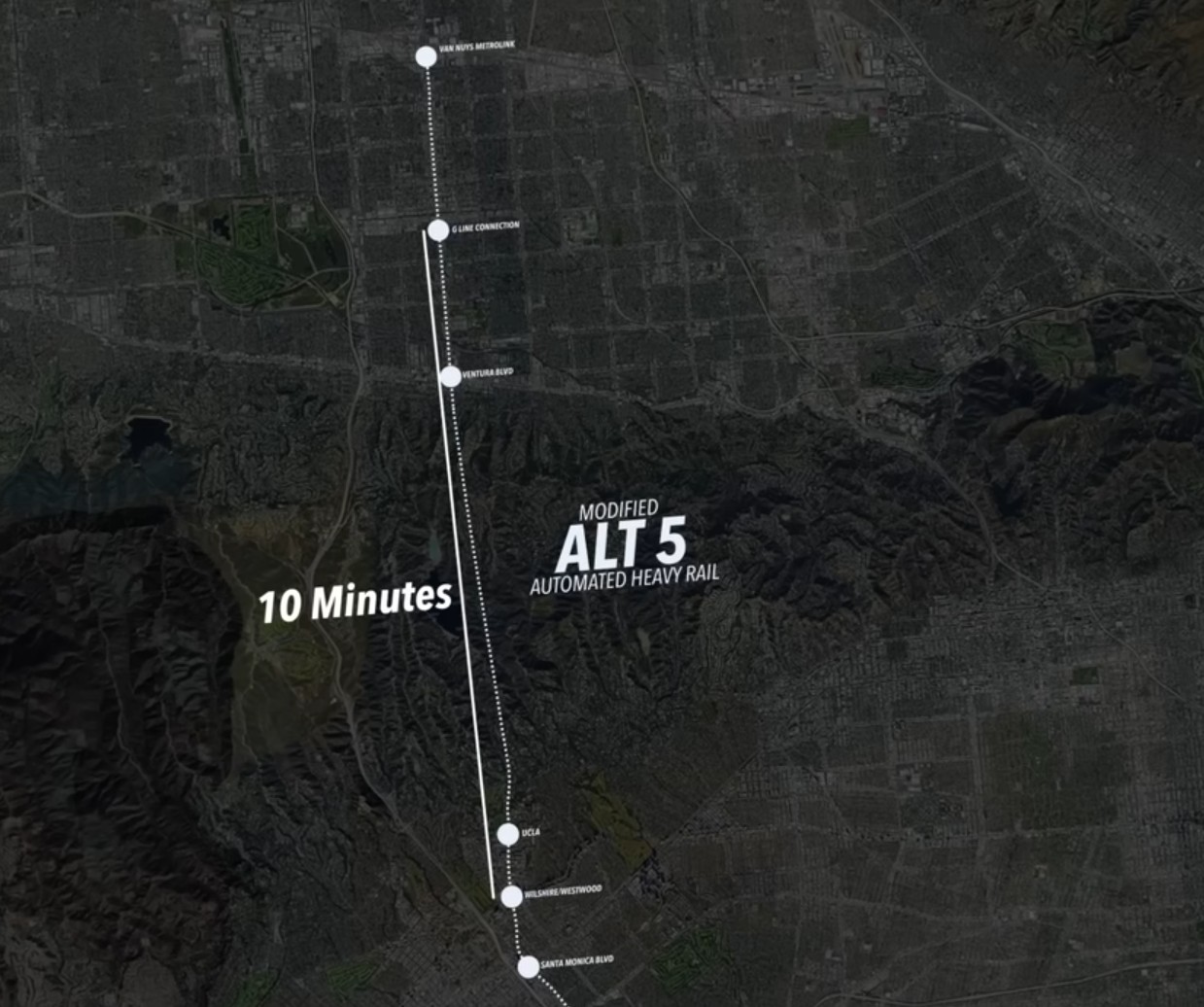Sustainable transportation advocates are sending a clear message to Washington: the best way to address rising gas prices is to cut oil demand, not increase supply.
Transit proponents sighed at the news last week that President Biden would authorize the release of as much as 50 million barrels of emergency oil reserves in a coordinated effort with countries like United Kingdom, Japan, and South Korea to bring down the cost of gasoline worldwide.
Experts have been skeptical that the modest increase will make much of a dent in prices at the pump; world oil consumption averages around 100 million barrels of oil every single day, and the other countries' contributions to the pact are not expected to be as large as that of the United States. But some advocates fear the move betrays a larger truth about the administration's short-sighted strategy to transition away from fossil fuels — and their ignorance of rapid, cost-efficient ways to cut fossil fuel demand, rather than simply increasing supply.
walking, cycling, transit, car pool, car share, using smaller ice vehicles. All the things we should already be doing but aren't because gas is so cheap.
— 🏳️🌈teslainvernon (@teslainvernon) November 23, 2021
Biden isn't the only lawmaker who drew accusations of green hypocrisy.
Senate Majority Leader Chuck Schumer (D-N.Y.) and 10 other Democratic Senators (including self-proclaimed climate leaders like Elizabeth Warren and Ed Markey of Massachusetts) sparked criticism earlier this month when they urged the president to "ensure that Americans are able to afford to fill up their cars at the pump in the meantime" while they await the development of "clean and renewable energy over the long-term."
Advocates bristled at the implication that Americans have no choice but to keep filling up at the pump until the electric vehicle revolution arrives in full force — or that government intervention couldn't help them quickly and affordably access mobility options that can cut emissions tomorrow, by implementing emergency interventions to make transit, walking, and micromobility more realistic ways to get around.
It is remarkable that the response of so-called climate champions to high gas prices is to back off of efforts to let people accomplish daily needs outside of a car. #RIPTCC
— Beth Osborne (@BethOsborneT4A) November 24, 2021
State and local lawmakers — a group even better poised to deliver quick mobility interventions that cut the need for gasoline than the feds— weren't immune to the backlash, either.
Connecticut's Ned Lamont — who was applauded by advocates in June when he signed into law a $30-million community grant program to fight climate change — was criticized when he tentatively praised Biden's decision to tap the oil reserves, calling the move an "appropriate" solution for "short-term supply issues."
Climate change activists were disappointed, particularly in light of Lamont's recent waffling on Connecticut's participation in the Transportation and Climate Initiative (TCI), a compact among 13 northeastern and mid-Atlantic states which would limit transport fuel emissions in the region through a cap and trade system, and invest the revenues from "allowances" charged by fossil fuel suppliers into local sustainable transportation projects. Lamont was initially supportive of the effort, but recently claimed it would be politically untenable "with gas prices where they are." (The TCI would increase gas prices by an estimated 5 to 24 cents a gallon.)
Lamont later backtracked on the comments, but local advocates slammed him for offering cheap gas as a bargaining chip in the negotiations over the region's climate future.
“We don’t bargain climate,” said Thomas Regan-Lefebvre, coordinator of the Transport Hartford Academy in a comment to the Hartford Courant. “We don’t bargain people’s health and air pollution. … Climate should not be part of a classic zero-sum game.”
Worse, Lamont's indecision gave other leaders political cover to abandon their green goals. Massachusetts Gov. Charlie Baker — once considered the driving force behind the Transportation Climate Initiative — pulled his state out of the historic pact entirely last week, noting that the Bay State would "only move forward with TCI if multiple states committed." Rhode Island Gov. Dan McKee followed his lead by retracting his own state's pledge the next day, stoking fears that the deal was effectively dead.
#Covid19 is illuminating the potential for #openstreets not only as a critical support solution for physical distancing but ultimately a strategy to make our cities healthier and more livable moving forward! #streets4peopleTOhttps://t.co/xpqXckd41U
— 8 80 Cities (@880Cities) April 15, 2020
Of course, even with major pacts like the TCI declared DOA, there's still a lot that state and local leaders can do to reduce demand for gasoline — even if Washington insists on increasing the oil supply.
If the Covid-19 pandemic taught Americans anything, it's that transportation systems can be reimagined overnight, particularly in city centers where the biggest barriers to sustainable transport have to do with the dangers and inconveniences posed by automobile dominance, rather than proximity of the destinations people rely on. Pop-up bus rapid transit routes, networks of car-free open streets, and quick-build protected bike lanes are all fast, inexpensive ways that cities can give residents great car-free ways to get around — and during the early days of quarantine, many of them already did.
Making such interventions permanent, of course, takes more time, and it certainly takes more money. (Though nowhere near as much as it takes to build the world around automobiles.) But in the midst of a crisis of this scale, some advocates argue that it's the moral obligation of leaders at every level of government to provide the emergency relief necessary to expedite those changes and make them a lasting, large-scale reality.
And reducing driving is a key element of fixing the national traffic violence crisis that has claimed over 20,000 U.S. lives in the first half of 2021, and which is on track to make it the deadliest year on American roads since 2007.

